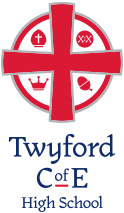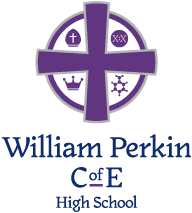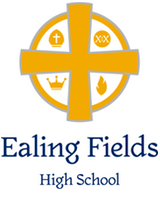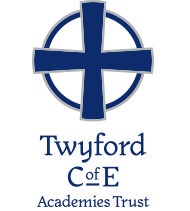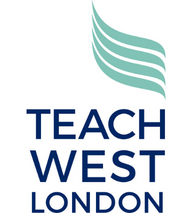General Introduction
Cultural and critical understanding, creativity and competence are at the heart of the English department’s curriculum. Students are encouraged to develop a lifelong reading habit and are introduced to a wide variety of texts from across the literary heritage. Pupils are taught how to engage critically with texts and are given the confidence to apply an open minded approach to the texts studied. Pupils’ competence in English is developed throughout the curriculum: they are taught how to communicate clearly, coherently and accurately in a range of written formats and spelling, punctuation and grammar are taught explicitly. The department places a particularly strong emphasis on developing public speaking skills, in particular debating. Pupils are taught the skills needed for successful debating at the beginning of Year 7 and debates on a range of topics are embedded into each scheme of work. Furthermore, students will have one lesson a week of reading to support their development of vocabulary and cultural capital. As the development of literacy skills is of primary importance at Ada Lovelace, some students may be invited to attend extra Literacy lessons during Core Elective sessions.
KS3 Overview
In the Autumn term pupils study a range of texts from critically acclaimed children’s literature; texts which span the centuries. The unit, ‘Step into the unknown’ celebrates the great works from our literary heritage which have intrigued readers of all ages for many, many years. In the Spring term pupils are introduced to Elizabethan theatre and study Shakespeare’s ‘Twelfth Night’. Students then get to think about the city they live in as they study a unit centred around fiction and non-fiction texts called ‘London, my City’. This unit gives students lots of confidence in approaching unseen texts, which is a key skill in the new English GCSE syllabus. In the Summer term pupils read ‘Sherlock Holmes’ by Sir Arthur Conan Doyle; they study two of his short stories, which gives them the opportunity to practise plenty of analytical writing whilst enjoying some really exciting detective fiction from the 19th Century.
In Year 8, students continue to enjoy pre-1900 fiction by starting with Charles Dickens ’’A Christmas Carol’ . They then study another comedy, ‘Twelfth Night’ by William Shakespeare’, followed by ‘Protest Poetry’ and finally, a Gothic literature unit.
KS4 Overview
From Year 9, students start to prepare for the AQA English Language and Literature GCSE courses. These are rigorous qualifications which prepare students for the next stage in their lives.
Assessments
At the end of each half term students will have an assessment which will enable their teacher to see how they are progressing. These assessments will test reading, writing and speaking and listening skills. There are two exam weeks when students will complete exam papers that will help to determine overall English levels for the year.
Lesson Prep & Homework
Students will receive a 15-minute lesson prep task every lesson. This is for them to practise what they have learnt or prepare for their next lesson. It must be done on the same day it is set and this will be monitored very closely.
There will be times when students receive extended homework. They will have at least a week to complete them. Homework tasks will be assessed; teachers will decide whether homework is of the required standard and will offer detailed feedback and targets to ensure students can make improvements.
Stretching Students
Public speaking and debating are at the heart of the English department’s curriculum and pupils are encouraged to capitalise on the wide range of oral opportunities that arise in and out of school, including the Youth Speaks Out public speaking competition.
Students progress into KS4.
The department also runs a variety of theatre trips and it is hoped that pupils will take the initiative to set up their own clubs which reflect their individual interests in aspects of the English curriculum.
